Self-Editing
Writing is easy. The hard part comes with revising.
Writing is like daydreaming . . . on paper. Editing is like sitting down to pay your bills. It’s not fun or easy and a lot of the time we hate doing it.
Editing is like searching for lice in your kids’ hair. You have to use a fine-tooth comb. And be prepared for a little nitty-gritty work, which might seem a little distasteful and could even make you a little queasy. But, if you prepare for your editing session like you would prepare for an important date, you’ll be miles ahead of the game.
And, if you add these tips to your writing toolbox, editing just might be a little easier:
• Critique Partners:
Check over your manuscript—carefully—for typos, extra spaces, and grammatical errors before giving it to your critique partners to read.
If you don’t have critique partners, get them. If you write for the children’s market, your local SCBWI (Society of Children’s Book Writers and Illustrators) will help hook you up with other like-minded individuals and get you into a critique group. This is important because it is difficult to find your own errors. You know what you meant to say and you can read the words the way you meant them without ever noticing even the most blatant errors.
• Computer Software:
Your computer is only one tool in your writing toolbox. Common software such as Word, WordPerfect and others will scan your document for typos, extra spaces and grammatical errors for you, but this is only your first line of defense.
After you have scanned your document for the obvious red flags, provided by your software, you need to read over your manuscript very carefully and then hand it over to your critique partner(s) before you even think about sending it out for possible publication. .
• Critical Questions:
Ask yourself a couple of questions, after you have written your manuscript:
1) What is the topic?
2) What conclusion do you want your reader to draw?
3) What questions do you want the reader to think about, or respond to?
These ideas might help make editing a little easier but, if not, sit down and pay your bills. Then go back to editing, it might not seem so distasteful after that.
Jin Young In Between Cover Reveal!
5 days ago




















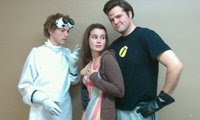
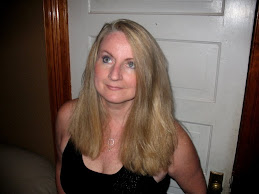

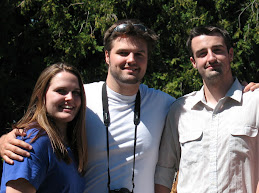
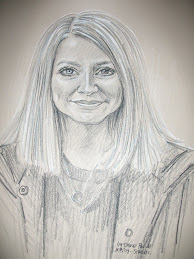


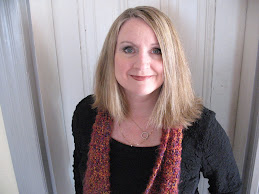
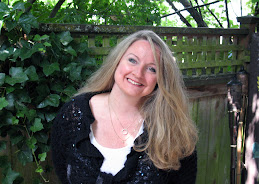




4 comments:
Great tips! Thank you! I just finished editing two books and actually had the help of Tiffany Colter, Writing Career Coach, as my objective set of eyes. I loved getting the feedback!
Excellent tips. Another thing is to collect a list of those over used words like...like, that, really, just etc. and get rid of as many of them as you can.
I must be weird because I'm the opposite. The story is the part that I struggle with because I'm a natural editor. I LOVE revisions. For me it's like cleaning up a messy house.
Great post, Kim!
Post a Comment